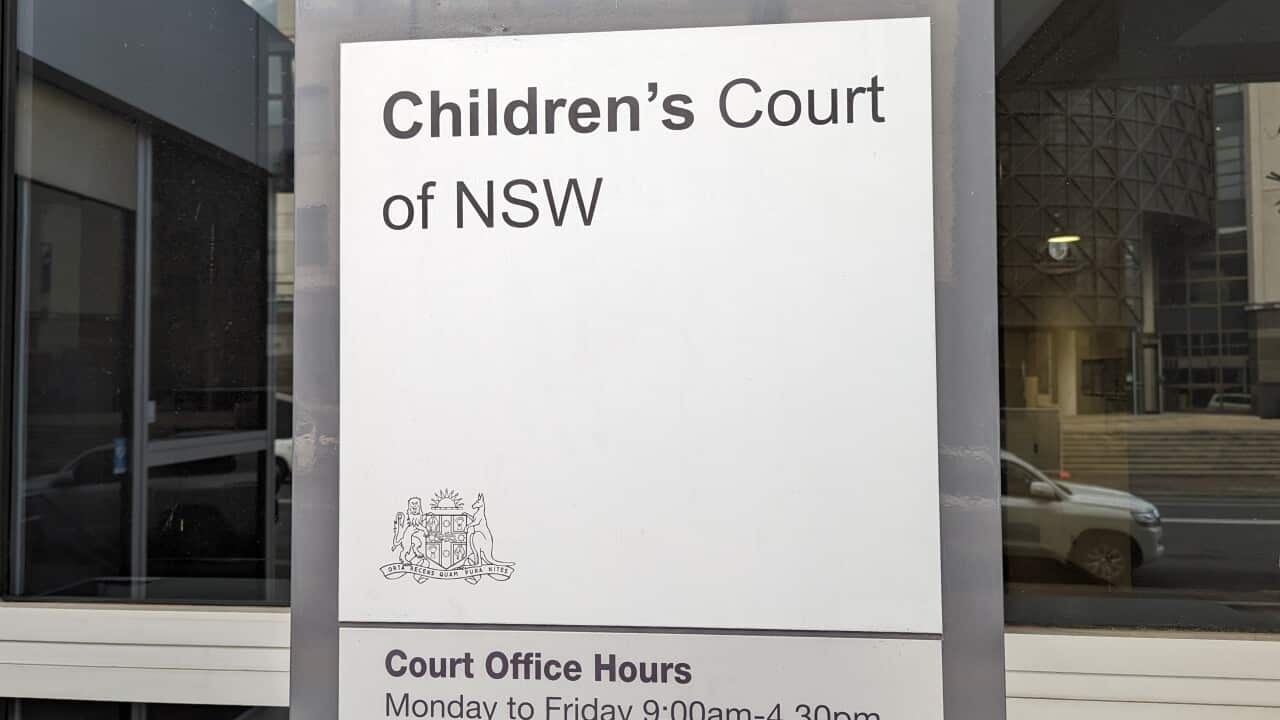An independent review commissioned by the New South Wales government has rejected watering down laws protecting children under 14 from conviction.
The government commissioned the review in May, after NSW Bureau of Crime Statistics and Research (BOCSAR) data revealed a dramatic drop in the number of children found guilty of criminal offences.
Conducted by former Supreme Court justice Geoffrey Bellew SC and former NSW Police Deputy Commissioner Jeffrey Loy, the review found the laws should be legislated without changes to make conviction easier, and that more emphasis should be placed on diverting children away from the criminal justice system.
The NSW Aboriginal Legal Service (ALS) welcomed the findings.
“We know that locking children up not only compounds trauma for that child, it also increases the likelihood that they will reoffend as an adolescent or adult – ultimately increasing future crime,” said Karly Warner, CEO of the ALS.
“Making it easier to convict children as young as 10 would have tragic repercussions for children, families and NSW communities.
"I am pleased today to see that that is the conclusion of the review."
'Incapable of evil'
Doli incapax, Latin for 'incapable of evil', is a legal principle going back hundreds of years which presumes that children committing crimes do not truly understand the severity of their actions, and cannot be held criminally liable.
An Australian High Court decision in 2016 clarified the common law's use, finding that doli incapax could only be rebutted by the prosecution if it proved the child knew their actions were morally wrong.
The vast majority of prosecution cases fail to do this.
The number of children aged 10-13 found guilty in NSW court proceedings dropped by 60 per cent in the seven years following the High Court decision.
Rather than lowering the threshold for proving a child's guilt, the review recommended legislating doli incapax in its current form, and strengthening diversion pathways for children charged with crimes.
"Instead of exposing a child to the criminal justice process, we consider that diverting them from that process, and engaging them in diversion processes or therapeutic interventions, could provide a more constructive and cost-effective approach," the report's authors said in their conclusions.
It also recommended training police officers to better familiarise them with doli incapax laws.
Ms Warner said the review's findings accord with other evidence in the field.
“The science is irrefutable. Children under the age of 14 do not have the capacity to form criminal intent,” Ms Warner said.
"Treating them like criminals only destroys lives and make communities more dangerous."

